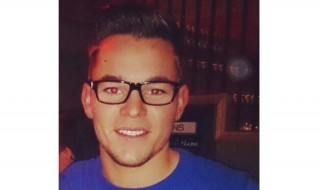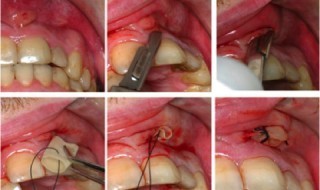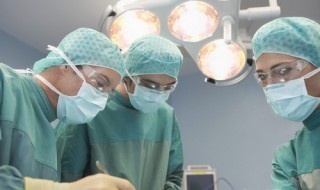Starting a hospital job soon? Or thinking of applying for one?
Peter Shepherd and Saher Iqbal give a brief insight into life as a dental core trainee (DCT), formerly known as a senior house officer (SHO).



Minor oral surgery
Our oral surgery experience is gained on clinics that run throughout the week treating difficult extraction cases, patients with complex medical histories, as well as patients requiring biopsies for various oral lesions.
Supervision is available more readily in the beginning, but as time progresses we have become more independent with minor oral surgery (MOS). We have become competent with clinical performance and knowledge, which can be related back to general dental practice (Figure 1).
Clinic
We examine oral surgery and head and neck referrals on our clinic. The oral surgery patients are those referred by dentists or general practitioners (GPs) for wisdom teeth/difficult extractions, oral lesions, neuralgia and TMJD. The head and neck clinic includes post-cancer care/review patients and ‘lumps and bumps’.
You will learn how to assess patients and manage these conditions. The oral medicine we learnt at university finally gets put to good use here!
On call (long day/night shifts)
You don’t need gym membership if you’re doing lots of on calls! These long day or night shifts could be seen as the most challenging aspect of the job. As the on-call DCT, you will be busy taking care of patients on the maxillofacial ward, attending calls from A&E and assisting on emergency theatre lists.
In A&E you will see cases ranging from facial trauma to severe dental abscesses. As the maxillofacial DCT on call, you will be first on the scene for maxillofacial injuries.
Each week some of your time is spent in theatre assisting and performing an array of oral and maxillofacial procedures.
Teaching, audits and electronic personal development planning
Most hospitals carry out some form of teaching once a week. This is generally quite informal and allows you to discuss cases and interests with fellow DCTs and consultants.
You are expected to conduct audits and it is recommended to keep an e-portfolio of interesting cases, your experiences and discussions with seniors.
Within the hospital environment there is great potential to experience other specialties of medicine from cleft lip and palate, orthodontics, ear nose and throat and a lot more.
Future career pathways
In summary, an oral and maxillofacial surgery job is an opportunity to learn a wide variety of skills that are applicable to most career pathways within dentistry. The learning curve can be steep and the job generally is demanding. The exposure to complex medical conditions and treatments will heighten knowledge, communication and time management skills. Whether you want to work in hospital or stay in practice or perhaps both, it is valuable experience and is increasingly favorable when looking for jobs in this ever-changing job climate.
All in all, after a year in oral and maxillofacial surgery it is unlikely anything will scare you in your practicing career.
Biographies
Peter Shepherd studied dentistry at the University of Leeds. Upon finishing he continued his DF1 training in a practice in Leeds. To further develop his interest in oral surgery and general medicine, he continues to carry out a DCT position in an oral and maxillofacial post at Broomfield Hospital.
Saher Iqbal graduated from Barts and the London in 2013. She then carried out DF1 training in Colchester before starting a DCT placement in an oral and maxillofacial post at Broomfield Hospital in Chelmsford.



